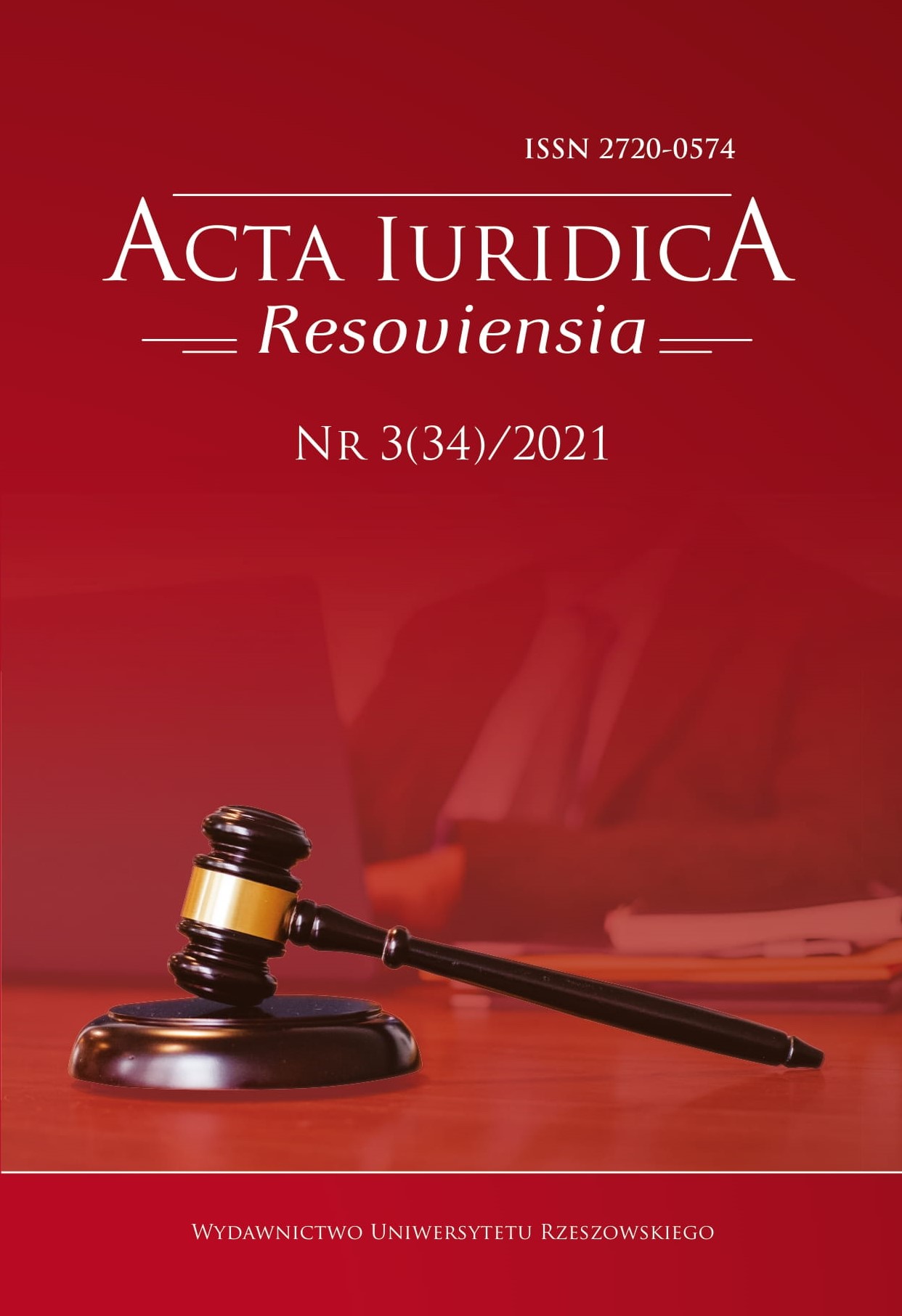The public private-partnership role in the digital transition of the public sector
DOI:
https://doi.org/10.15584/actaires.2021.3.9Keywords:
public sector, technology, public-private partnership, digitalization, 4th Industrial RevolutionAbstract
The current challenges facing the public sector, both at the national and EU level, include several aspects. In a long-term perspective, these challenges mainly concern issues related to the so-called technological and ecological transformation. Of particular importance for the development of the public sector in the European Union is the so-called digital transformation. The concept of “digitization” should be understood comprehensively. It becomes a starting point for the creation of a specific ecosystem of digital solutions connected with a wide use of modern technology such as the 4th Industrial Revolution, the Internet of Things, the Internet of Things: 4th Industrial Revolution, Internet of Things, 5th generation mobile network (5G), Blockchain and binding all the above phenomena into one whole – the concept of Smart City. A special role in the implementation of the new objectives of the European Union, including the technological transformation falls to the public-private partnership. PPP has significant potential to support technological transformation. However, there are important questions such as what are the main reasons for the low use of PPP in Poland and what steps should be taken to make PPP become an instrument of support for technological development? The purpose of this paper is to first identify the main directions of technological transformation of the public sector. Then, an attempt will be made to identify the basic problems associated with the use of PPP in Poland. Finally, it will propose the basic directions of changes in the way of using PPP, so that this instrument contributes to the technological development of the national public sector.
Downloads
Downloads
Published
How to Cite
Issue
Section
License
Copyright (c) 2021 Acta Iuridica Resoviensia (formelry: The Scientific Journal of the University of Rzeszow, Law Series)

This work is licensed under a Creative Commons Attribution-NonCommercial-NoDerivatives 4.0 International License.

